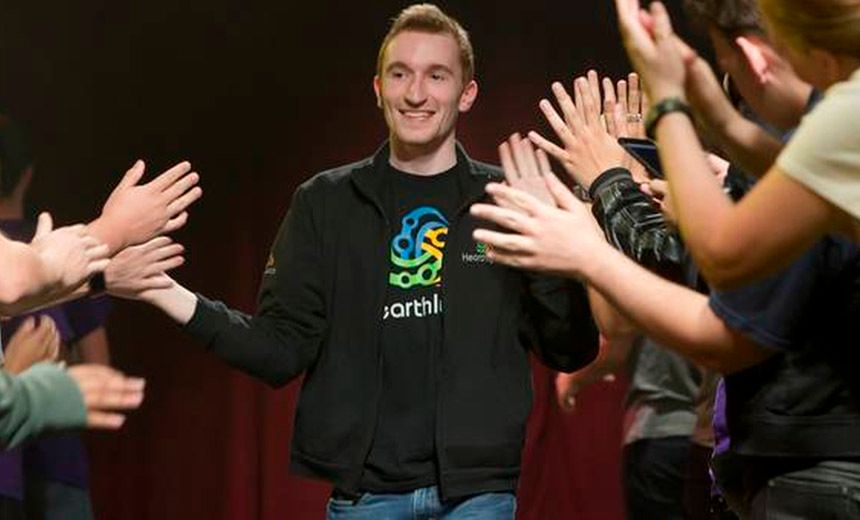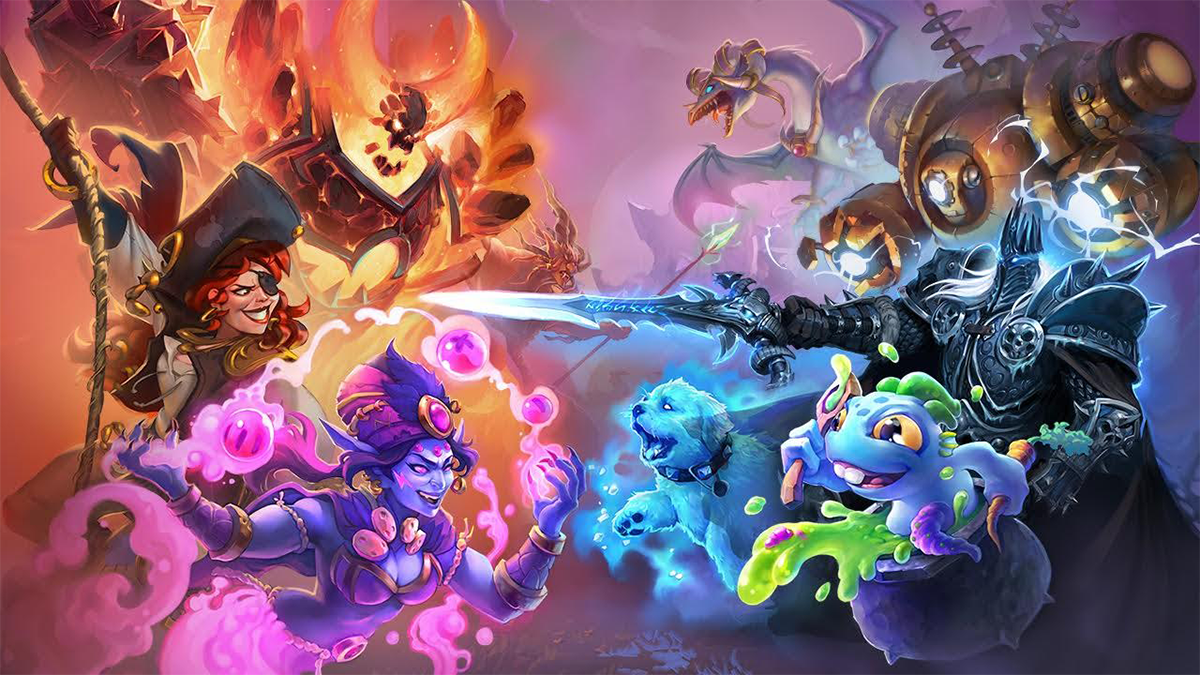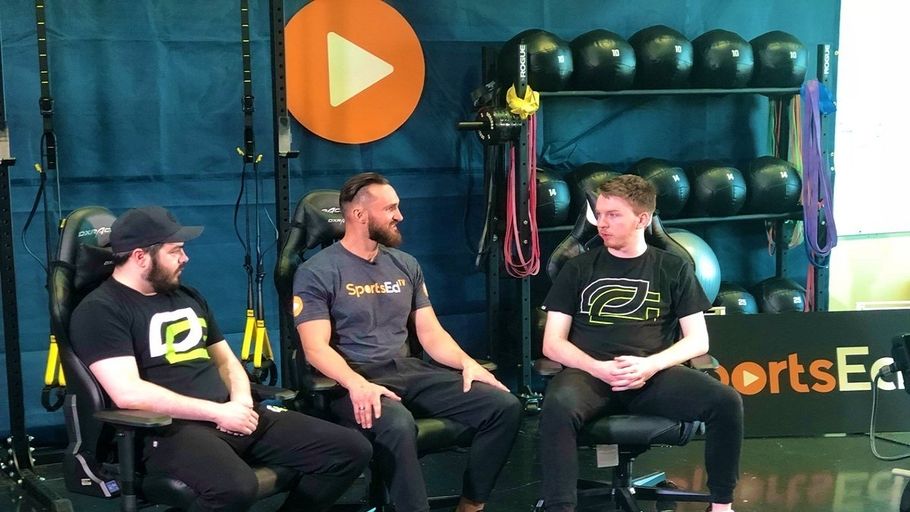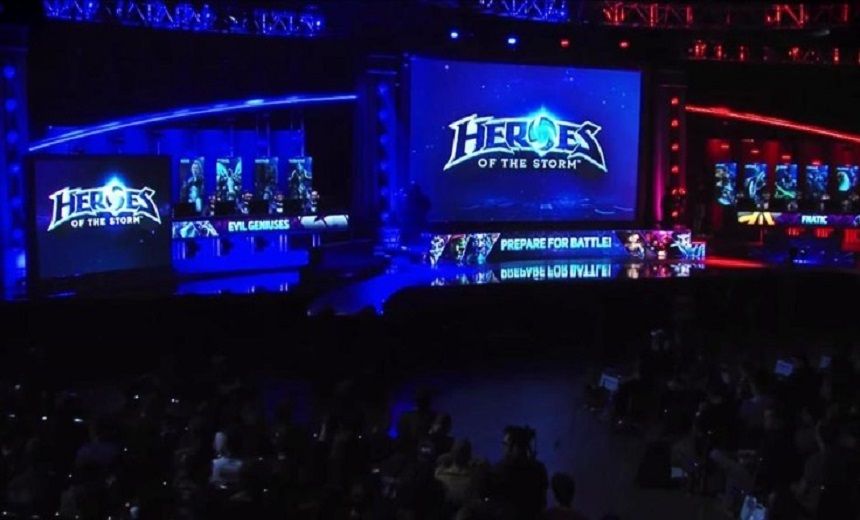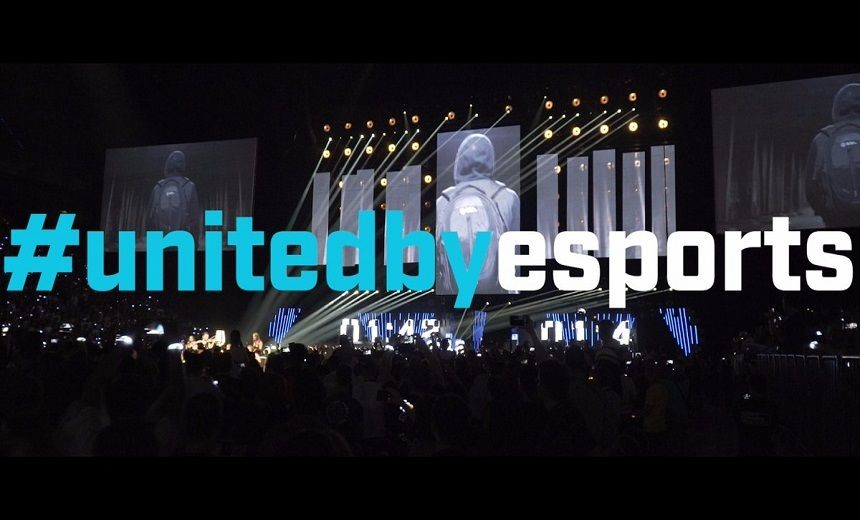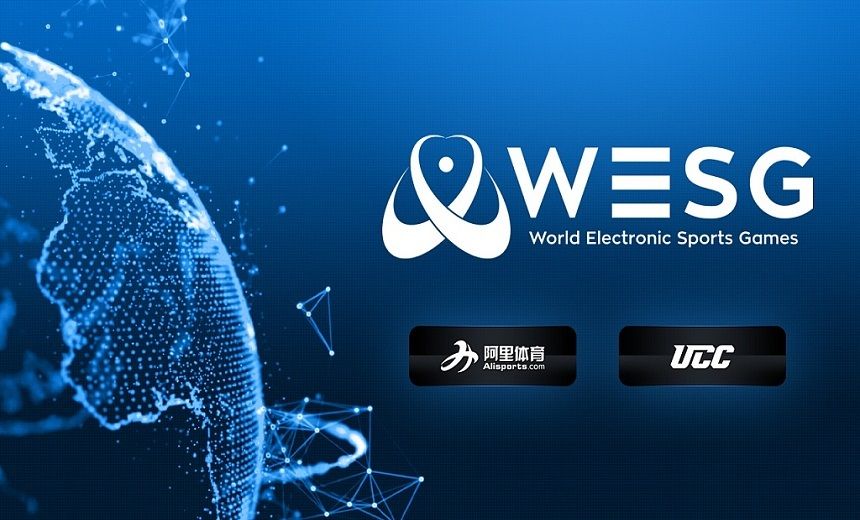
Photo: Blizzard
Text by: Radoslav "@GGNydra" Kolev and Carling "@toastthebadger" Filewich
Hearthstone's short history as an esport is littered with the corpses of organizations that couldn't survive. ManaGrind, Clarity Gaming, Curse, and FNATIC are just some of the names of the fallen. The reasons for that are diverse. Some were a product of a chaotic, budding scene and as such could not adapt to the natural evolution. Others were mismanaged into a financial collapse, couldn’t understand what constitutes success in Hearthstone, or even just didn’t get what the game is all about and approached it wrong from the get-go.
Last week, Hearthlytics ceased operations and joined the list of disbanded teams. Together with all the social media tears and condolences, an opinion piece by known columnist Saul “Shevek” Tobin went up on Splyce's website stating that HL’s death, along with Jon “Orange” Westberg's departure from Archon and that team’s translation from a competitive to esport organization is a bad omen for competitive Hearthstone and that the community needs to take note. The article points towards failed storytelling by the media and casters as well as critical flaws in the HCT circuit as the reasons behind Hearthlytics’ death, but in reality the sad truth is another thing altogether.
There's more to pro gaming than just playing the game and very few are willing to accept this.
First off, the loss of Hearthlytics from the North American scene, while sad, is a small hiccup in the grand scheme of things. Companies fail all the time, especially when lacking proper management and especially when trying to break out in a ruthless industry like esports, where getting someone to believe and invest in your newly-established brand is a Herculean task. Esports, at the end of the day, is a business and Hearthstone is no exception. A failure to supply what’s being demanded will naturally result in shutting down the business.
If you think we’re being too presumptive, the farewell message of Hearthlytics owner RJ “j1n” Epperson flat-out admits to mismanagement, specifically when it came to what was expected of the players.
What RJ writes is a critical problem in Hearthstone. Ironically, it’s the one problem very few players realize and are willing to work hard to solve. Without pointing any fingers and throwing accusations, the Hearthstone scene is full of inexperienced youngsters with little to no experience working an actual job. Few of them are willing to accept there’s more to this thing called a “pro gamer” than just playing the game. The job description doesn’t end with a twelve-hour practice session or attending a local LAN. This is even more true in a game like Hearthstone where consistency of results cannot be guaranteed, and even if it could you have to go beyond results if you want to cash a nice cheque. Andrey “Reynad” Yanyuk, founder of Tempo Storm, put it perfectly when we interviewed him in Seoul recently:
Sounds unfair? Too bad – that’s grown-up life. Every drone in every office in the world does things he or she doesn’t like daily. Pro gaming is no different and it’s certainly not some glorified playtime. If you don’t like what the job entails and aren't willing to do what’s necessary to earn a buck, you’re free to pack your bags and leave. There’s no reason to make the lives of well-intended individuals like RJ harder.
It’s also incorrect to categorize Archon’s recent roster changes as a sudden departure from esports in favor of streaming, or as a portentous event to competitive Hearthstone either. Archon has always been about streaming. Archon’s official announcement states how their mission is to produce great content through streaming, and to compete against the best players on an international level. Heck, one of their first signings was the streamer DeerNadia! What Archon is doing is looking for a reliable source of profit for the short term. That’s not a worrying trend. Short of buying your way into League’s LCS or purchasing a top-performing CS:GO team, there has rarely been a potential for short-term explosive revenue in esports, the multiple instances of player scams notwithstanding.
“We have failed as storytellers,” the article continues, getting most things about this wrong. “Whatever internal mistakes contributed to the fall of Hearthlytics, those of us whose job it is to craft the storyline of Hearthstone must admit some fault,“ it goes on to say while quoting the comment of a random redditor who has never heard of Hearthlytics despite following competitive Hearthstone “pretty religiously”, creating a tiny oxymoron that went unnoticed by most.
It's not journalists' or casters' jobs to create a narrative which makes for a team's survival and brand growth.
There can’t be such a thing as a failure of narrative when it’s not journalists’ and casters’ jobs to create one that makes for a team’s survival and brand growth. That’s what PR is for. The media, actually, gave Hearthlytics the coverage they deserve, especially during their HWC 2015 campaign, as JAB crushed fan favorites. Equally the press didn't turn a blind eye when Patron Slayer Nias was signed to make Hearthlytics one of the best represented teams in the world championship. At the end of the day, as my dear friend and colleague Tim Clark of PC Gamer put it, no team or player is owed coverage. Make us care about your legacy and we will. Stay invisible and we won’t.
What’s curious is that Shevvek openly recognizes how it’s down to the team to make others care for its name, yet continues to talk about commentator bias and fails to acknowledge that Hearthstone is different than other esports. Storytelling in card games is limited by default. A major upset in StarCraft 2 or CS:GO is exciting and will trigger fanbase expansion, spurring written and oral coverage, because it's not every day that Jaedong or Fnatic lose to a no-name. An upset in Hearthstone can easily be a product of the game’s volatile nature, which is no reason to get all hyped up. You can’t just put a cloak on a beggar and call him a king. Some things are just dull and, as cynical as it will sound, being really good on ladder is one of those. That is by no means casters’, or journalists’, or viewers’ fault.
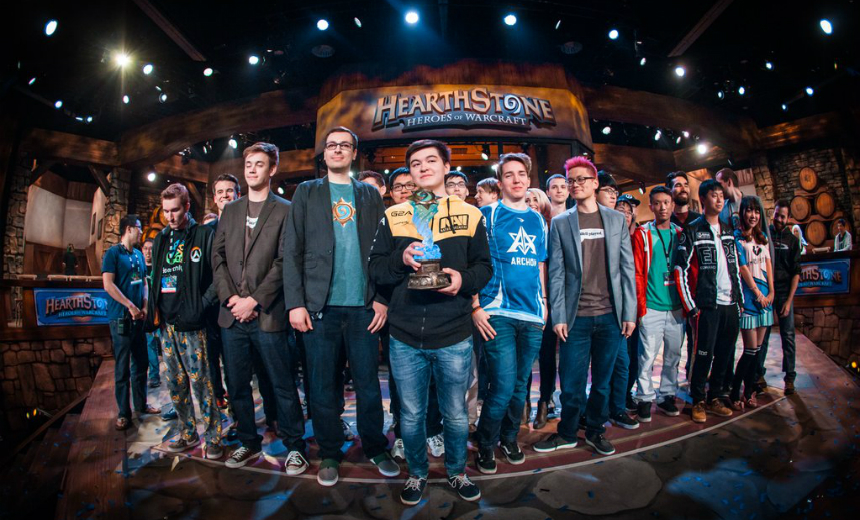
Photo: Blizzard
Shevvek also puts blame on the “chaotic mishmash” that’s the HCT circuit, which is also supposedly contributing to incoherent storytelling. “I couldn’t even explain to you which open tournaments to follow, why they matter, or to which players — and I’m a professional Hearthstone writer. Casual fans might as well give up,” he writes, once again missing the real issues. Open cups, you see, are not supposed to be followed. They are not supposed to be on front page of publications. They are not supposed to build storylines. Open cups, in Hearthstone and in every other esport, are merely the building blocks of the scene. Their job is to foster competition and prepare players for the high stake majors and championships. The latter are the ones that are responsible for storytelling. In fact, given how easily accessible Hearthstone is and how large its competitive player base is compared to other esports, making the open cups part of the HCT circuit is probably Blizzzard’s smartest move to accommodate an insurmountable, ever-growing pool of competitors.
While Shevvek is right in his call for HCT restructuring – and a topic for another column, as he puts it – it’s not open cups that should be targeted: They’re doing their job just fine. To improve storytelling, HCT needs to be reorganized at the very top, in the chain of major LANs happening throughout the year where the successes of their top performers matter. This isn’t to say that current-day Hearthstone is failing at that and claiming that there’s “no recognition for consistency” is an exaggeration. We’ve used the example of Thijs “ThijsNL” Molendijk multiple times in the past to disprove naysayers, but he’s far from the only one. Jan “SuperJJ” Janssen, David “Dog” Caero, Esteban “AKAWonder” Serrano are few of the living proofs that consistency does result in recognition, provided you know how to capitalize on this consistency. As already mentioned, players need to build beyond results to be successful in the scene, and the many success stories in this game are testament that this is more than possible provided you have the smarts backed up by an adequate and stern management. Assigning blame to external factors is easy and convenient, and also the first thing that will end any career.
Hearthstone's own pros and streamers fostered a culture of devaluating their own sport.
In its futile pursuit of storytelling, the Splyce article fails to acknowledge several critical points that will result in even more team deaths if they do not change. There’s no mention of the painful lack of major LANs in North America, which would greatly improve the chances that JAB, Muzzy and the likes could create their legacy and bring more brand exposure for their team. There’s no mention of Reddit’s disdain and recurring downvoting towards journalists’ work, including this article actually promoting under-the-radar players, or this article about PHONETAP’s ESL victory over Reynad, or many more. It fails to mention how not all but lots of Hearthstone's pro gamers and streamers fostered a culture of devaluating their own sport, blaming losses on bad luck and "RNGesus" and hurting the game's competitive integrity from the inside, way before writers and casters could "fail at storytelling."
Putting Hearthstone and League of Legends in one sentence in an attempt to compare them is also fundamentally wrong. The two esports are so different from each other in terms of reach, exposure, structure, nature of the game, level of competition and legacy that even trying to put a sign of equality between them by asking “fielding a top LoL team is a legitimate business model, why not Hearthstone” is inviting more businesses to fail at Hearthstone. It implies you can apply the same strategy to two very different esports and reap the same success. You can’t.
Ultimately, there’s really no reason to sound the alarm. New teams are founded and existing teams fail daily. Competitive Hearthstone is alive and well and while there are concerning issues about it, it doesn’t need Hearthlytics or Archon to survive. Those players and teams who understand what they need to do to earn a living in this scene will have a realistic chance of success. Those who show stubbornness will perish and be forgotten.
Welcome to the world of business.

